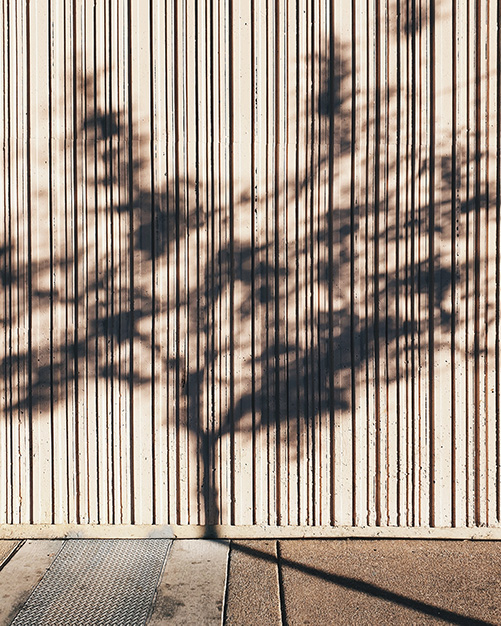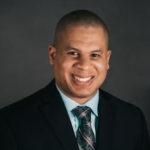Consumerism and Jubilee
A transcript from the above video featuring Professor Adam Clark for the Economics of Compassion Initiative of Greater Cincinnati.
But there are other things that black people need to be free from besides racial bondage. And one of them is consumerism. The consumerism, I’m talking about not just an economic system, but an inward disposition, a belief in scarcity, and a desire for more. One of the things I was arguing is that the dominant religion in our world is not Christianity or Islam, the dominant religion of our world is consumerism. And consumerism is not just a dominant religion, it’s the most successful religion because the religion of consumerism is winning more converts, has more loyal disciples, has the capacity to promote its values and belief system quicker than any other religion of all time. It has its own grand meaning to the narrative of history. It talks about why things went right, why things went wrong, has narrative of the fall and redemption, and it has its own deity as the market, the market deity. That’s enshrouded in mystery and reverence.
And it’s not that other society didn’t have markets, but they had other centers of value and meaning that competed with markets. And now, the market has reached a certain type of supremacy. So it’s almost like in the kind of Greek narratives where you had Zeus as part of the pantheon of deities and then in later Greek times, you have Zeus who goes up to Mount Olympus and becomes so supreme that he stands out above all the other deities. And that’s how the market is. The market stands out and it’s above and beyond any other type of center of meaning and value. So the god of the market has all the kind of attributes and characteristics of a god of a monotheistic faith. It has omnipotence, it has omnipresence. It’s omnipotent in a sense that it’s all powerful, it can define what’s real and what’s not real. It has the power to make something out of nothing. You know, everything can be bought, everything has a price. Air, water, land, bodies, souls, mind, they could all be bought for a price. It’s omnipresent. Where older religions had a sense of place, sacred lands, the new religion, all places are interchangeable. The religion of the market can convert land into something holy like real estate, which is the holy currency of the market religion.
So even its concept of the human being. It changes what it means to be human. In traditional religious culture, being human was something seen as being kind of a oneness with God. But here, the dominant script of our society transforms self interested individuals whose purpose is not just to cooperate with others, but to compete with others, to accumulate possessions and maximize pleasure. So that the goal of our lives is no longer in union with God, but the goal of our lives is personal happiness and pleasure. The ownership of things. The very act of spending money as a primary means to happiness, that’s our goal in life. It’s an entire life orientation and meaning system.
Photo by Martin Widenka on Unsplash




